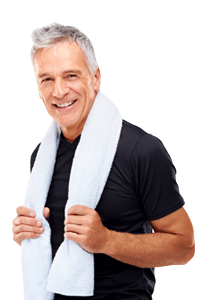7 ways to boost Testosterone Naturally
7 Ways To Boost Testosterone Naturally
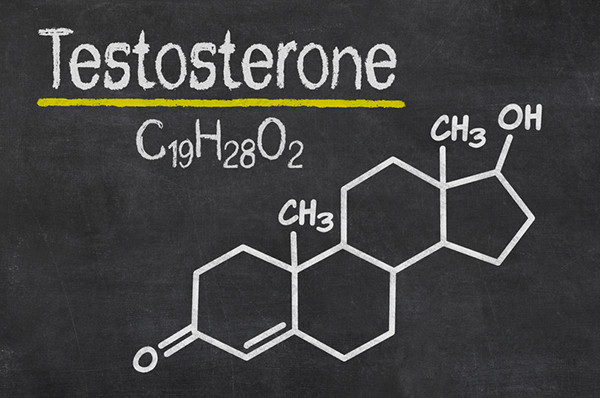
Testosterone is the original male-sex hormone and anabolic steroid. It is also present in females but in small amount.
In males, testosterone plays a pivotal role in the development of male reproductive tissues such as the penis, testes, and prostate, and regulates fertility, production of sperm, muscle mass, bone mass and strength, distribution of fat, production of red blood cell production, the growth of facial and body hair, and sex drive (libido).
In females, testosterone plays an important part in ovarian function, bone strength, sexual behaviour, and libido.
Additionally, testosterone in both sexes is involved in health, fitness, moods, behaviour, and it inhibits osteoporosis.
Consequences of low testosterone levels:
Testosterone hormone levels are crucial to normal sexual development and functions.
Generally, testosterone levels decrease with age, therefore aged men tend to have low blood testosterone levels.
Low levels of testosterone can build diverse symptoms in men, such as infertility (low sperm production), testicular shrinkage, decreased sex drive, erectile dysfunction, enlarged or tender breasts, less energy (fatigue), loss of lean muscle mass, bone loss (osteoporosis), increased body fat (weight gain), low blood counts, reduced cognitive function (poor memory and focus), low self-esteem, irritability, moodiness, anger, depression, and less body hair.
Other causes of low testosterone can include:
Injuries: Injury to testicles by accident or castration
Infection: Infection of the testicles
Medications: Opiate analgesics (pain killers), and chemotherapy
Chronic diseases: Obesity, type 2 diabetes, liver disease, kidney disease, and HIV/AIDS
Genetic diseases: Kallman syndrome, Prader-Willi syndrome, Klinefelter syndrome, myotonic dystrophy, and hemochromatosis.
Boost Your Testosterone Naturally:
You can boost the levels your own source of testosterone by following the natural ways. There are several ways to boost your testosterone naturally such as following:
1. Exercise, physical activity, and weight lifting to boost Testosterone:
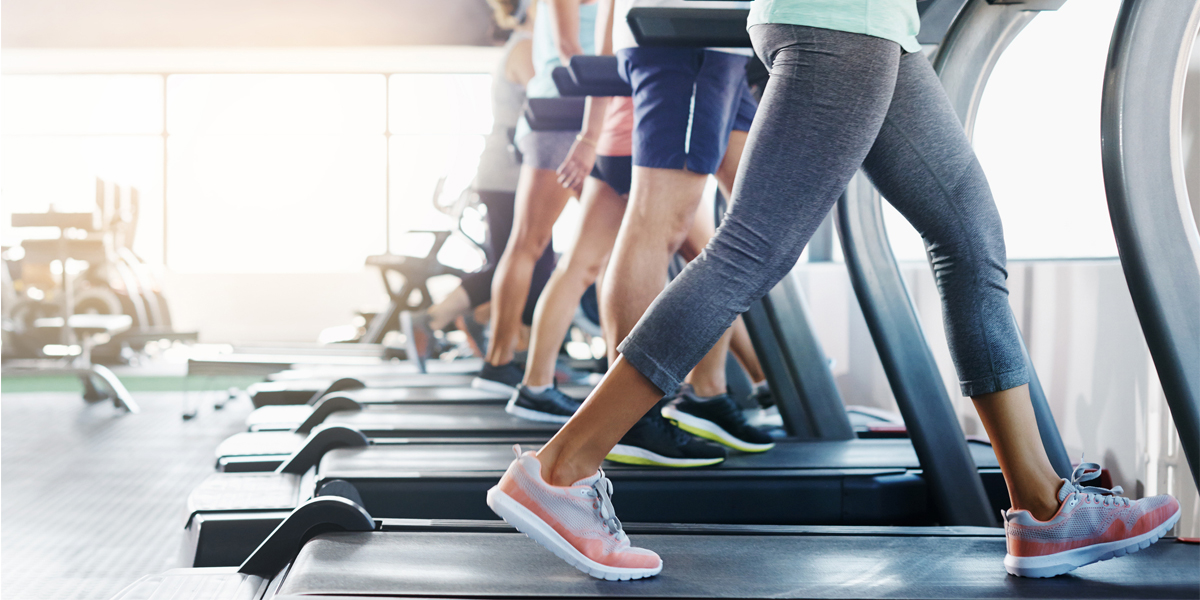
All types of exercise increase testosterone production such as regular exercise, physical activity, and weight lifting. But building muscle via high-intensity interval training is the most effective and it has become a hot topic in recent times. Muscle needs testosterone to build, and once you have it, that testosterone hangs around.
Additionally, exercise does not only boost your testosterone levels, but also helps in improving mental health issues as well as other long-term health risks like heart disease, diabetes, and some cancers.
Let's see the results of exercises one by one with evidence:
Exercise:
Large studies were performed between regularly exercising males and the control group of sedentary (inactive) males. The studies found a significant difference between them.
The results showed that long-term exercise elevated serum testosterone and growth hormone levels and oxygen uptake capacity that are important for body and brain functions as well as improved healthier semen production.
Hence, it is proved that people who exercised regularly had higher testosterone levels. In elderly people, exercise increases testosterone levels and fitness.
Physical activity:
Journal of Clinical Biochemistry and Nutrition and European Journal of Applied Physiology performed different researches on obese and overweight men. They found that in obese and overweight men, increased physical activity was greatly affected the serum testosterone levels in overweight and obese. It was even more beneficial than a weight loss diet for increasing testosterone levels during lifestyle modification.
Weight lifting:
European Journal of Applied Physiology and Occupational Physiology found that Weight lifting a type of resistance training is the finest type of exercise to boost your low testosterone in both the short- and long term.
High-intensity interval training (HIIT) :
HIIT workout is consists of periods of intense cardio alternated with periods of lower-intensity activity.
Journal of Applied Physiology, Experimental Physiology, European Journal of Applied Physiology, study of masters athletes, and others found that HIIT can also be very effective to increase free testosterone levels.
2. Healthy and Balanced Diet (Proteins, Fats and Carbs) :
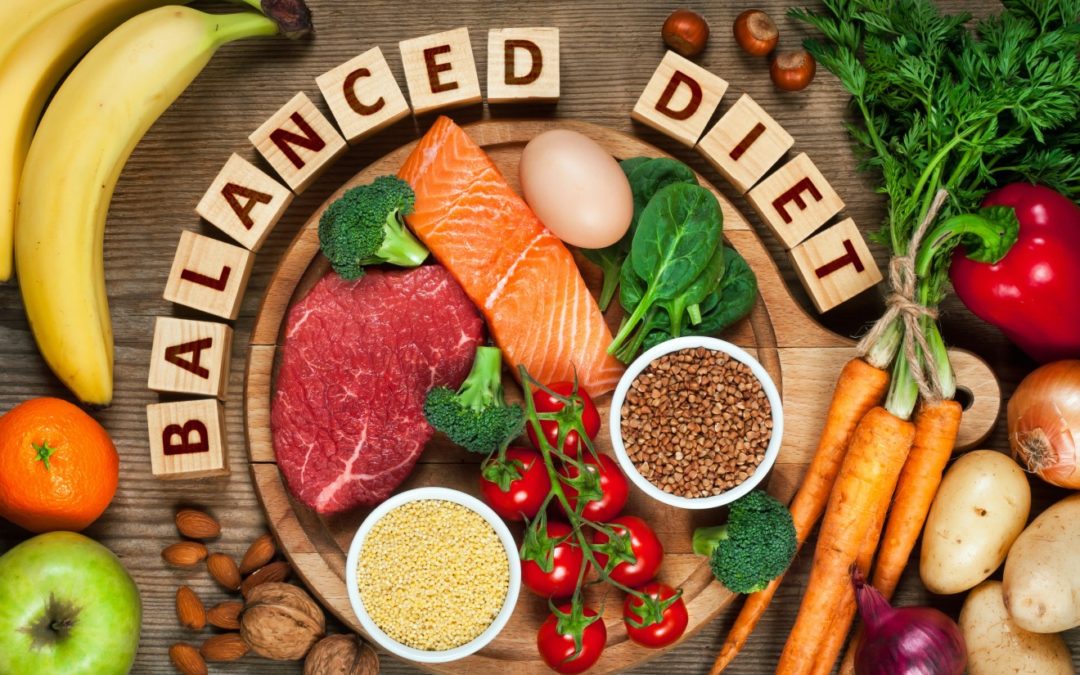
Eating an unbalanced diet, overeating and persistent or constant dieting can disrupt your testosterone levels. For example, research showed that men with protein-energy malnutrition had low levels of testosterone.
Researches showed that the diet which includes mostly whole foods is the best one. It offers a healthful balance of carbohydrates, proteins, and fats. Eating a healthful and nutritious diet keeps the testosterone and all other hormones levels in the body well balanced and optimizes long-term health.
Proteins:
Journal of the International Society of Sports found that diets that are high in protein comparative to carbohydrates, increase testosterone levels and supports healthy muscle development.
Applied Nutrition Investigation found that a low protein diet may damage the Leydig cells that produce testosterone in the testes.
Carbohydrates:
Research in the Journal of Trends in Endocrinology & Metabolism and Applied Physiology showed that balanced carbohydrate intake also plays a part in optimizing testosterone levels during high-intensity resistance exercise.
Fats:
International genetic epidemiology society, Natural product communications, and Journal of Steroid Biochemistry demonstrated that adequate healthy fats are also helpful for testosterone and health.
3. Minimize Stress and Cortisol Levels :
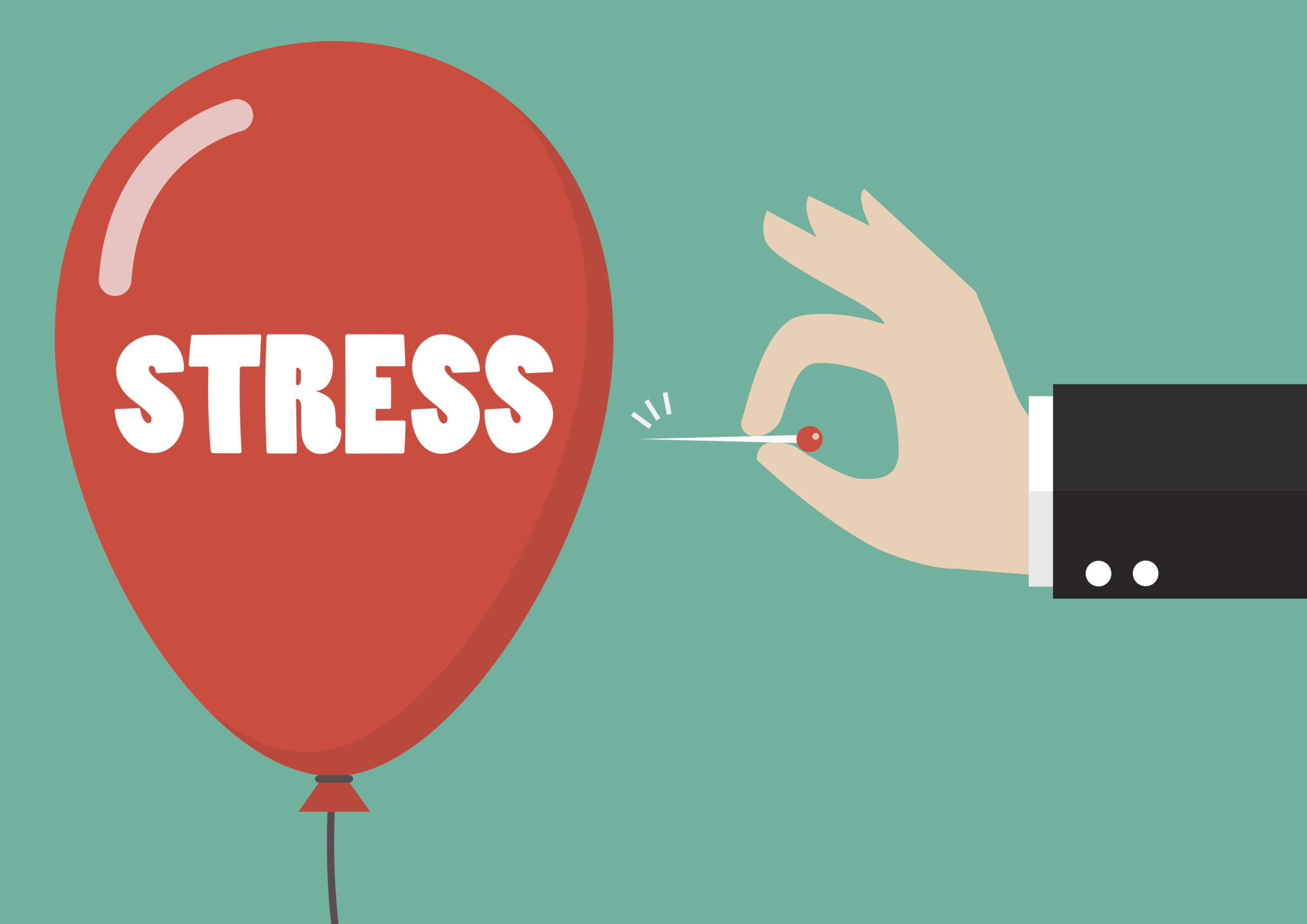
Researches have been spotlighting the risks of long-term stress, which can raise cortisol (stress hormone) levels. Raised level of cortisol can quickly reduce testosterone.
Cortisol and testosterone together work like a seesaw swing, if one goes up, the other has to come down.
Stress and high cortisol can cause overeating. It can lead to weight gain, storage of harmful body fat around your organs, and hormonal imbalance. Subsequently, these stress changes negatively affect your testosterone levels and may cause health problems, such as low energy, weak erections, or diminished libido.
You should try to reduce repetitive or chronic stress in your life to improve your health and all hormones including testosterone levels.
Meditation, deep breathing, regular exercise, therapy, laughter, a balanced lifestyle, good sleep, a healthy diet, and other stress management strategies may help to relieve stress and reduce anxiety and depression.
4. Get High-Quality Sleep to Boost Testosterone :

An ideal amount of sleep differs from person to person, but High-Quality Sleep for 7 to 8 hours at least each night boosts testosterone levels and it is just as important for your health as diet and exercise.
The researchers from the University of Chicago found that after only 1 week of restricted sleep, 5 hours per night was linked to a 15% reduction in testosterone levels. By contrast, normal aging sees testosterone reduces just 1 to 2 % per year.
Another study of 6-9 days, found that those who slept only 4 hours per night had marginal deficient levels of testosterone.
Large and long-term studies of the Journal of Andrology showed that for every additional hour of sleep you get your testosterone levels can increase 15% on average.
5. Loose Weight :
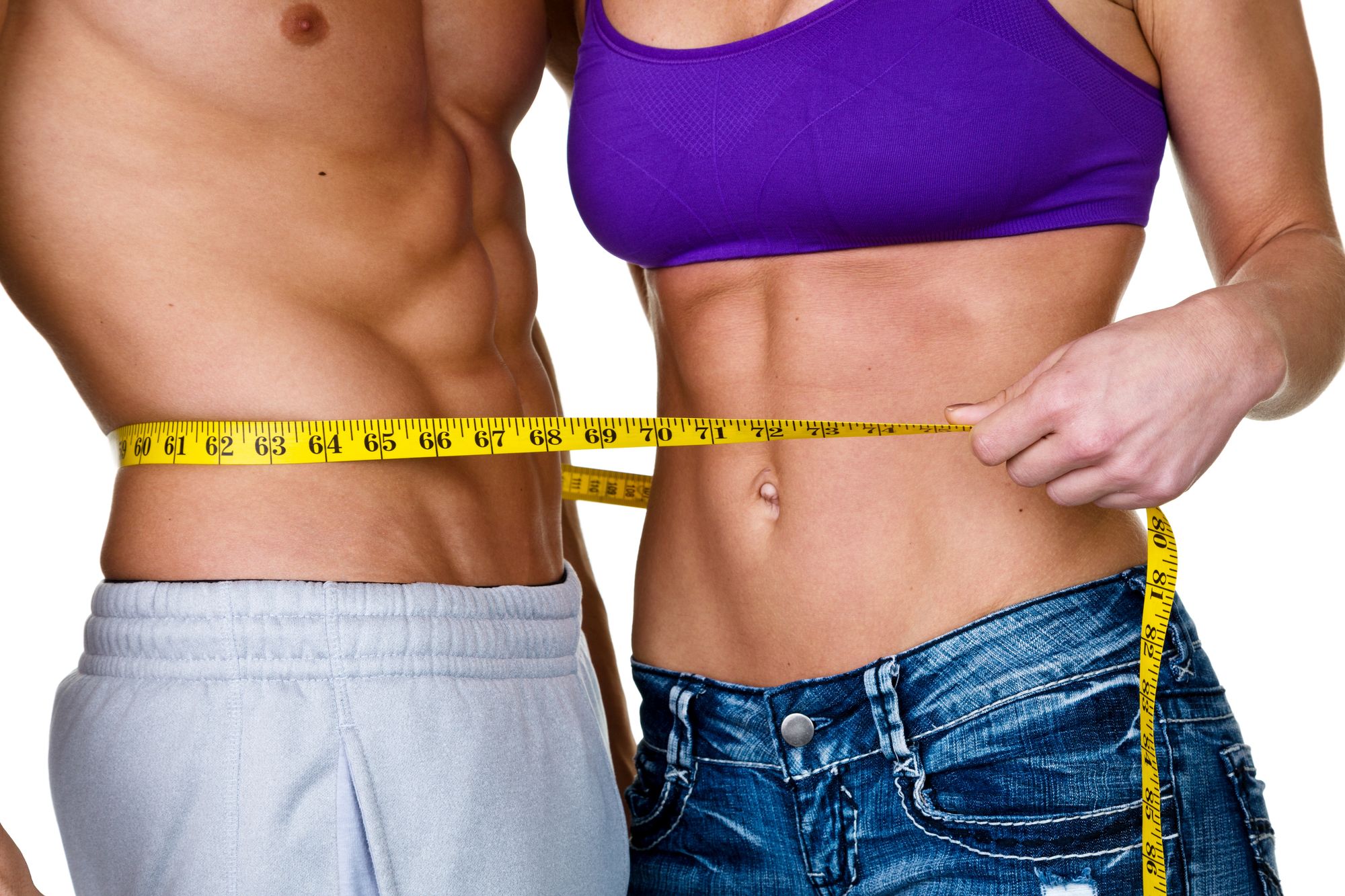
Losing weight is a natural way to boost testosterone. Fat tissue converts testosterone into estrogen, which means the more excess body fat you have, the lower your testosterone levels will be.
A study in the Journal of Clinical Endocrinology described that some obese males between the ages of 14 and 20 have 40-50% less testosterone than their non-obese counterparts (participants).
6. Take natural testosterone supplements (Vitamins and Minderals):
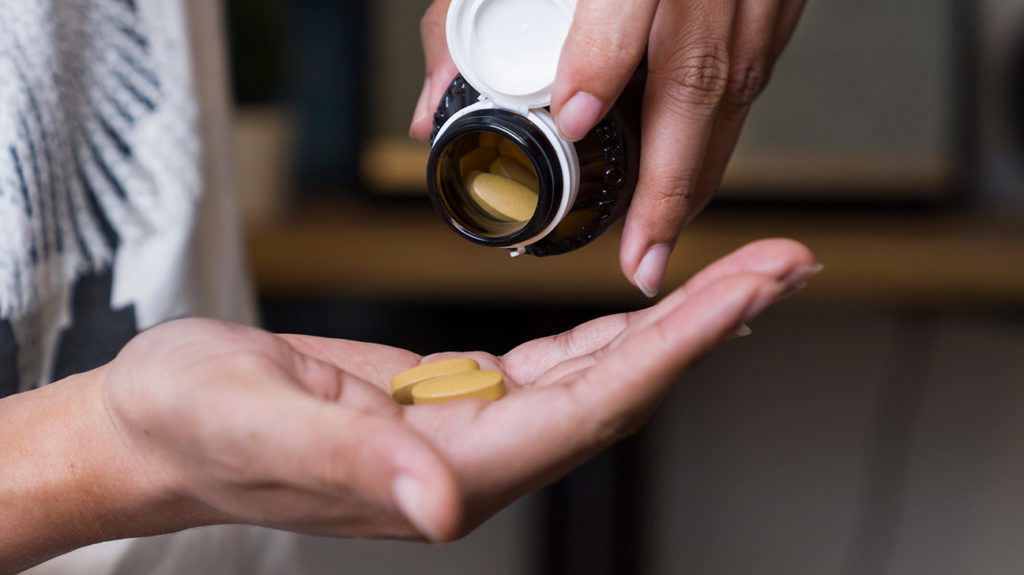
Take sunbath or Vitamin D supplement:
Vitamin D is a very important vitamin and nearly half of the US population is vitamin D deficient.
Researches have shown that Vitamin D has various health benefits, and may also work as a natural testosterone booster. If you’re experiencing symptoms of low testosterone, taking vitamin D supplements might correct a deficiency and even contribute to increased testosterone levels.
A 12-month study in the Journal of Hormone & Metabolic Research found that men taking around 3,000 IU of vitamin D3 supplement per day. They increased testosterone levels by around 25%.
A study in the Journal of Steroid Biochemistry and Molecular Biology found that vitamin D increased testosterone levels in both groups, healthy and Leydig cells deficient.
Take regular sunbath or take around 3,000 IU of a vitamin D3 supplement daily to boost testosterone and get the other benefits of vitamin D.
Zinc:
Several studies showed that zinc can increase sperm quality in subfertile men and also boosts testosterone in athletes and those who are deficient in zinc.
Magnesium:
Magnesium plays an important part in several body processes, such as bone structure and muscle function.
A study in the International Journal of Endocrinology has shown that magnesium supplementation can be a testosterone booster.
DHEA:
DHEA (dehydroepiandrosterone) is an adrenal glands hormone and it is a natural booster of hormones like testosterone and estrogen.
A study in the European Journal of Applied Physiology has found that taking a DHEA supplement can boost free testosterone levels along with high-intensity interval training (HIIT). DHEA prevents from declining during HIIT and have significant benefits related to HIIT adaptation.
Ashwagandha:
Ashwagandha is a medicinal herb that is a natural agent which helps the body to manage stress.
A study was published in the American Journal of Men's Health showed that overweight men who took an ashwagandha supplement for 16 weeks saw a 15% increase in testosterone on average compared to other men.
Other supplements that increase the levels of testosterone:
- Vitamin A
- Vitamin C
- Vitamin E
- Fenugreek
7. Avoid Xenoestrogen, Estrogen-like Compounds, Alcohol and Follow a Healthy Lifestyle :
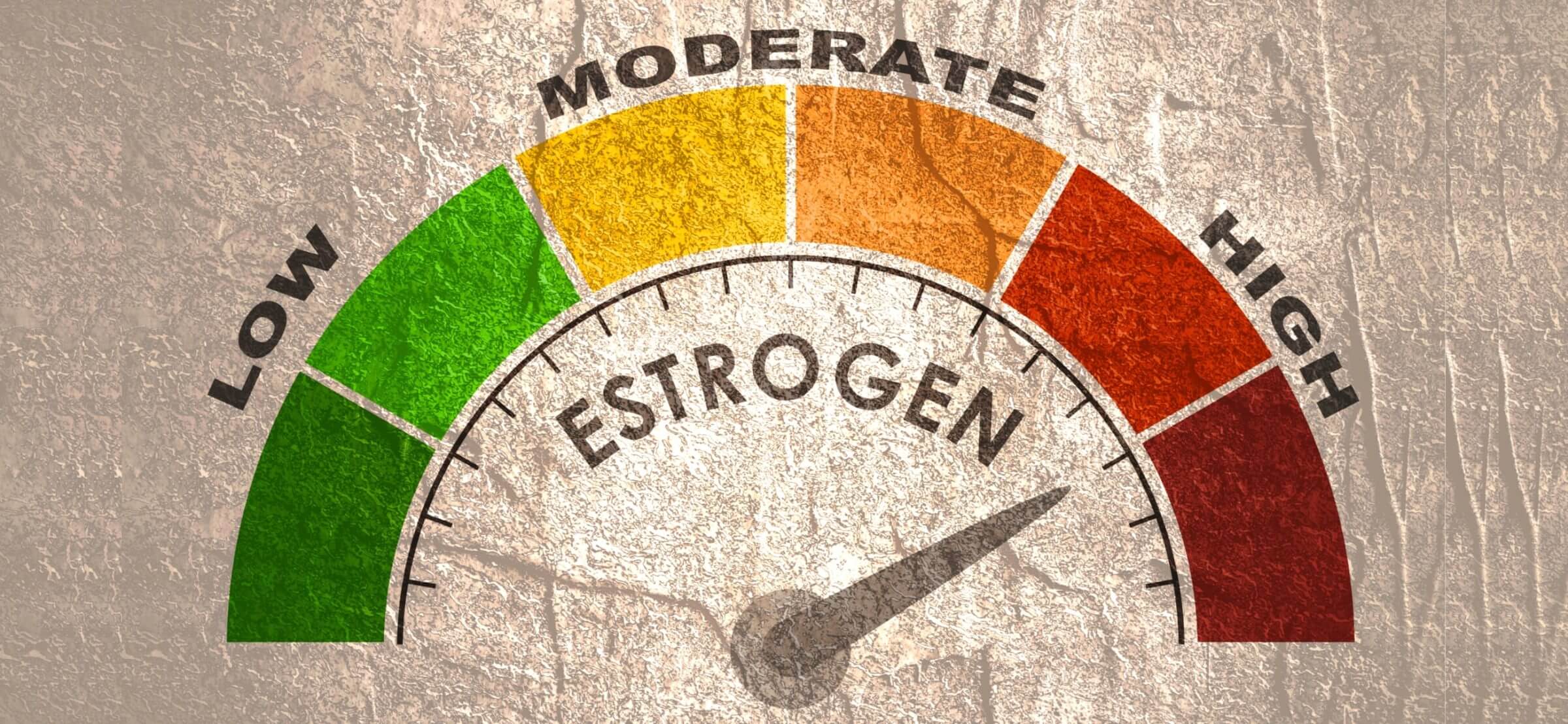
Xenoestrogen and Estrogen-like compounds are endocrine disruptors and high exposure to these chemicals may negatively affect your hormone levels. These chemicals include BPA (a common element in plastics) and parabens (synthetic compounds used in personal-care products like lotion, deodorant, toothpaste, and shampoo).
Avoid drinking alcohol because excess use of alcohol use can also decrease testosterone levels.
Laughter, happiness, success, and healthy sex life plays an important role in regulating your sex hormone and testosterone levels.
References:
1. Exercise, physical activity, and weight lifting to boost Testosterone:
Exercise
European Journal of Applied Physiology
https://pubmed.ncbi.nlm.nih.gov/22234399/
International Journal of Neuroscience
https://pubmed.ncbi.nlm.nih.gov/15204068/
International Journal of Sport Nutrition and Exercise Metabolism
https://pubmed.ncbi.nlm.nih.gov/11915780/
Physical activity
Journal of Clinical Biochemistry and Nutrition
https://pubmed.ncbi.nlm.nih.gov/26798202/
European Journal of Applied Physiology
https://pubmed.ncbi.nlm.nih.gov/28470410/
Weight lifting
European Journal of Applied Physiology
https://pubmed.ncbi.nlm.nih.gov/17051372/
European Journal of Applied Physiology and Occupational Physiology
https://pubmed.ncbi.nlm.nih.gov/9660159/
High-intensity interval training (HIIT)
Experimental Physiology
https://pubmed.ncbi.nlm.nih.gov/26518151/
Journal of Applied Physiology - American Physiological Society
https://pubmed.ncbi.nlm.nih.gov/9029197/
Journal of Endocrinological Investigation
https://pubmed.ncbi.nlm.nih.gov/23310924/
European Journal of Applied Physiology and Occupational Physiology
https://pubmed.ncbi.nlm.nih.gov/9660159/
European Journal of Applied Physiology
https://pubmed.ncbi.nlm.nih.gov/17051372/
Study of Masters Athletes
https://www.ncbi.nlm.nih.gov/pmc/articles/PMC5551442/
2. Healthy, balanced diet (protein, fat and carbohydrates):
Unbalanced diet
The Journal of Clinical Endocrinology & Metabolism (oxford)
https://pubmed.ncbi.nlm.nih.gov/22970699/
Applied Nutrition Investigation (Nutrition Journal)
https://www.sciencedirect.com/science/article/abs/pii/S0899900799000519?via%3Dihub
Protein
Journal of the International Society of Sports
https://www.ncbi.nlm.nih.gov/pmc/articles/PMC2129168/
The Journal of Nutrition
https://pubmed.ncbi.nlm.nih.gov/14988451/
Carbohydrates
Journal of Applied Physiology
https://pubmed.ncbi.nlm.nih.gov/9029197/
Trends in Endocrinology & Metabolism
Fats
International Society of Genetic Epidemiology
https://pubmed.ncbi.nlm.nih.gov/3360302/
Journal of Steroid Biochemistry
https://www.sciencedirect.com/science/article/abs/pii/0022473184902541?via%3Dihub
Communication of natural products
https://pubmed.ncbi.nlm.nih.gov/23472458/
The Journal of Clinical Endocrinology & Metabolism (oxford)
https://pubmed.ncbi.nlm.nih.gov/3558725/
3. Reduce stress and cortisol levels:
Stress leads to increased cartisol levels
Journal of Psychosomatic Research
https://pubmed.ncbi.nlm.nih.gov/10454175/
Psychoneuroendocrinology
https://pubmed.ncbi.nlm.nih.gov/16298085/
Annals of the New York Academy of Sciences




